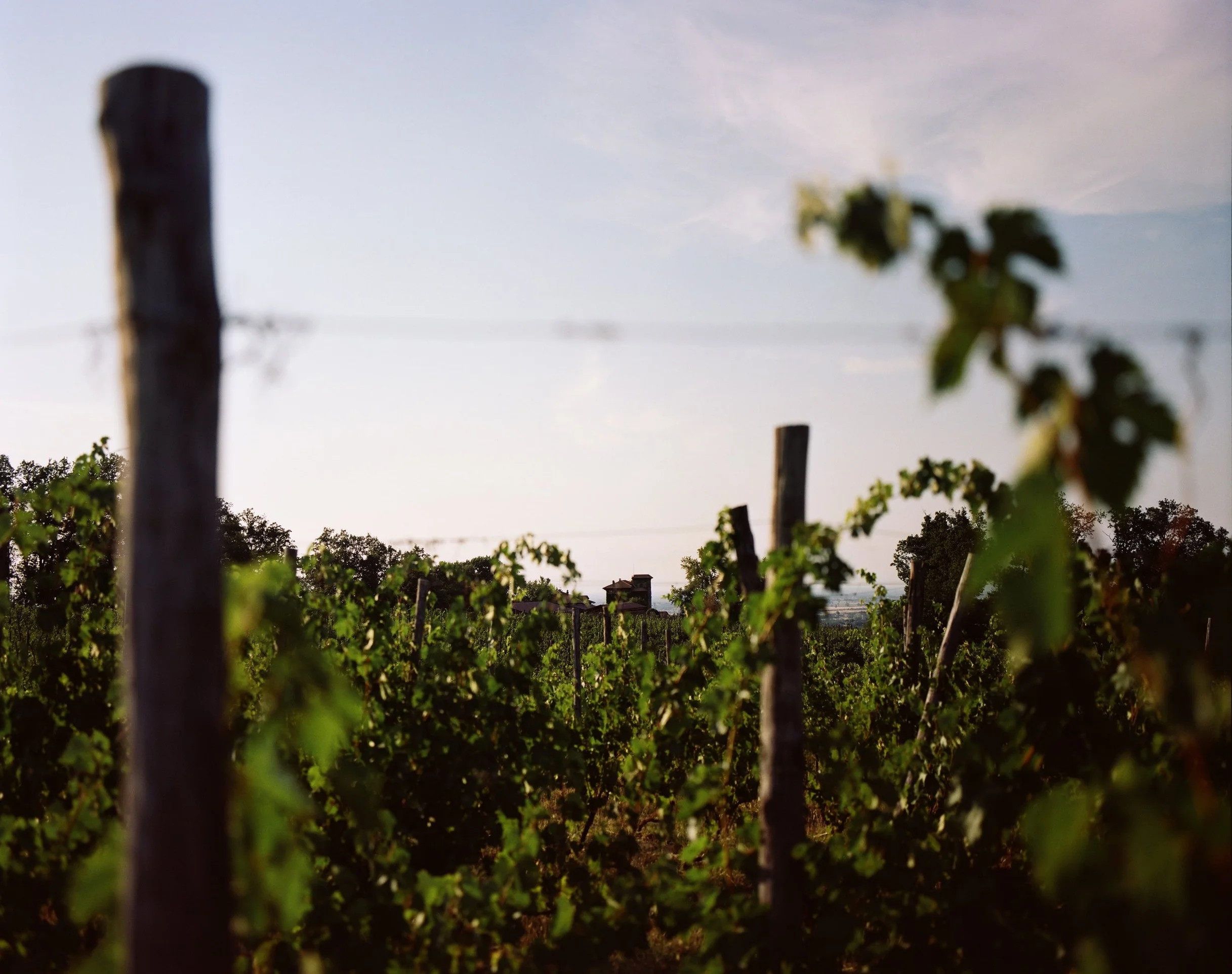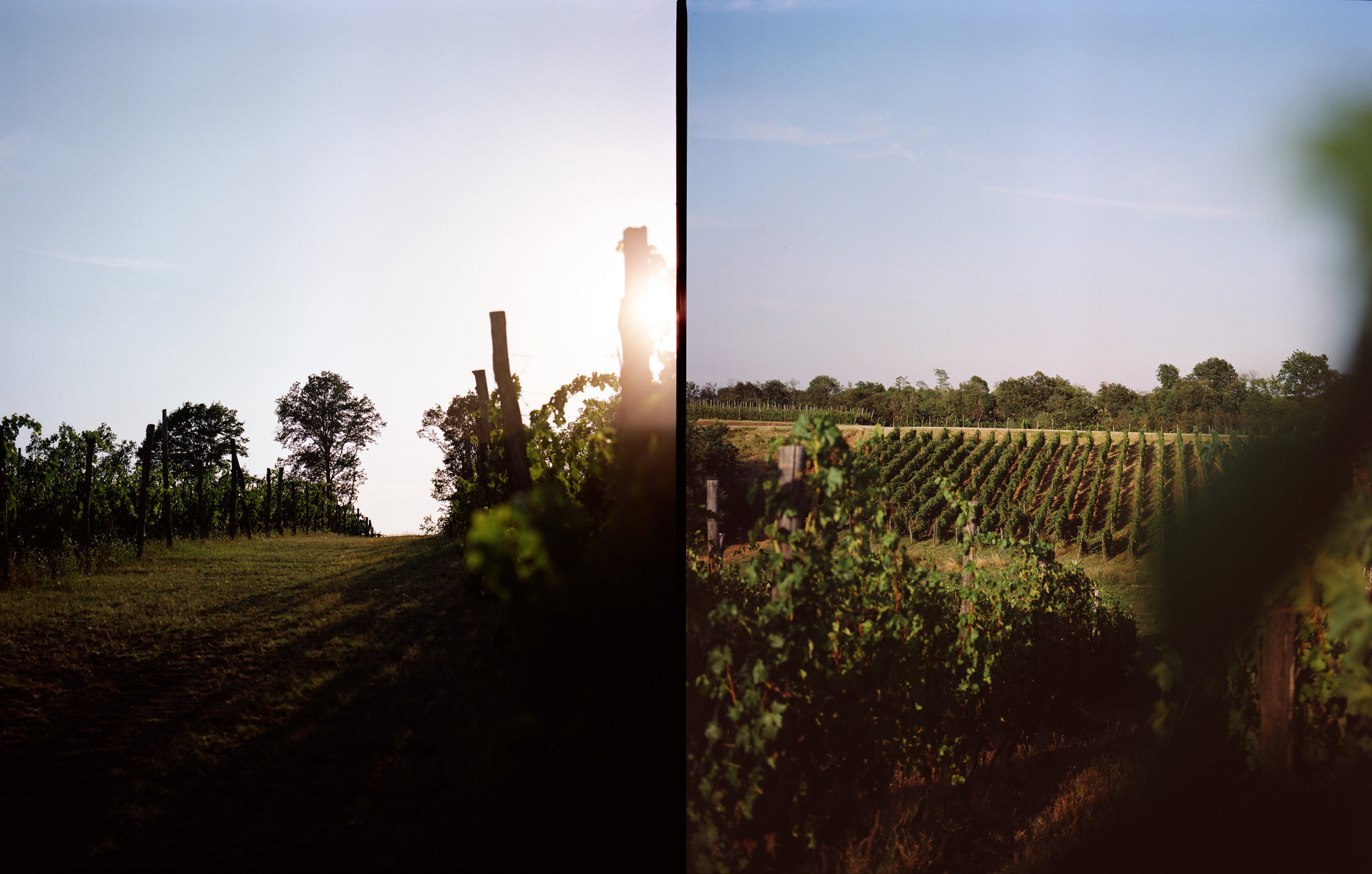The estate extends over 58 hectares, of which 30 are planted to vines, and the remaining 28 are left to nature. In the second half of the nineteenth century, a lawyer named Giancarlo Ageno discovered the place to be apt for winemaking and started the production of wines with significant and curious names such as Bordò, Bordò bianco, Pinò.
In 1973 La Stoppa was bought by the Pantaleoni family, and from the mid-nineties, Elena Pantaleoni leads the company. Elena, flanked by Giulio Armani, focused the work in the vineyards, managed accordingly to the organic method certified by Suolo and Salute. The naturally low yields, due to the average age of the vines and the poor soil, and the intrinsic quality of the grapes make it possible to obtain very characterized wines, born in the vineyard and transformed in the cellar through a minimalist approach.
AGRICULTURE
The care of the vineyard is carried out by letting the plant grow autonomously, without fertilization or weed killers, only sulfur and copper treatments. The cultivation process is all done by hand -- pruning, tying, removing non-fruit-bearing buds, and harvest - to ensure that greater attention is given to the quality of the grape selection. The grapes from the younger vines are used for the production of young wines and the finest grapes and older vines are used for the production of long-aging wines.
Since the mid-nineties we have decided to cultivate mainly the local varieties : Barbera and Bonarda for red grapes, Malvasia di Candia Aromatica, Ortrugo and Trebbiano for white grapes.
CELLAR
Steel and cement tanks are used for the vinification of the de-stemmed fresh grapes. For our riservas, after fermentation the wines are left for long ageing in wooden barrels and tanks, followed by a period of bottle-ageing. All of the fermentations are spontaneous with indigenous yeasts, no sulfites and at ambience temperature. We allow long skin-contact (maceration) to extract the maximum from the grapes and to capture the distinctive characteristics of each vintage. Wood-ageing of the wines allows the wine to breathe and mature slowly. This is a necessary practice for our wines, which are made from grapes grown in a hot and dry climate. Bottle-ageing is also a very important process to improve and balance every constituent element of the wine.
our team





